Understanding ADHD: What It Is and How It Affects Adults
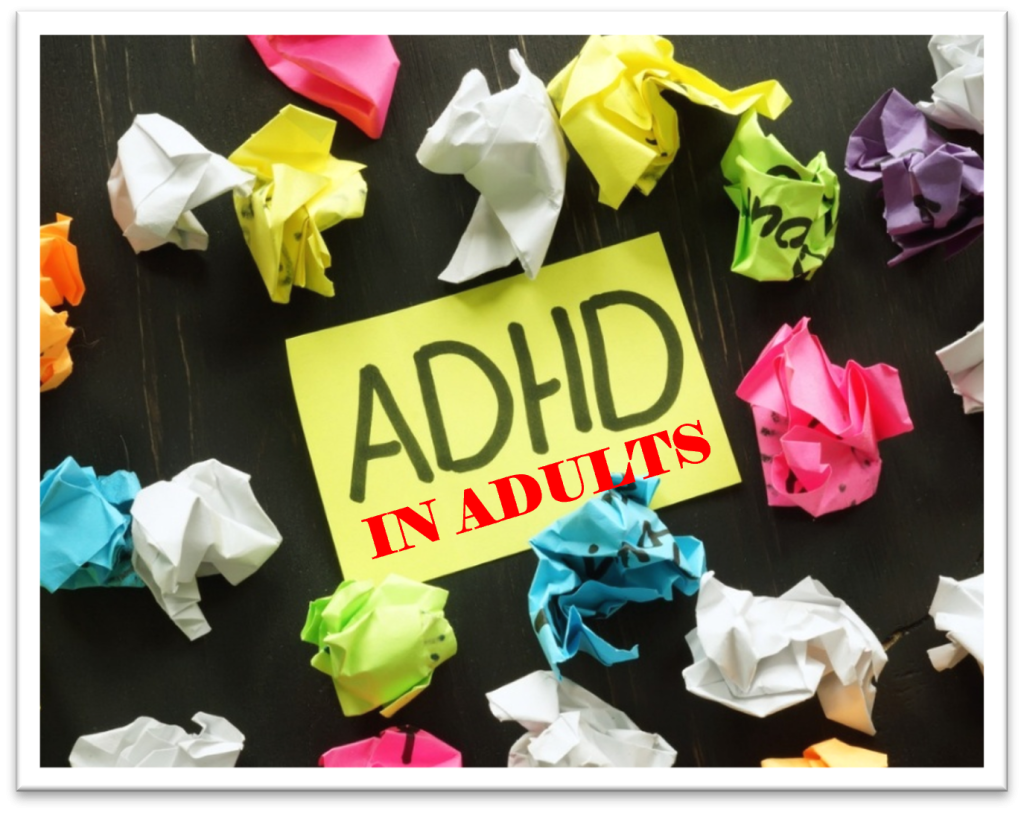
ADHD, or Attention Deficit Hyperactivity Disorder, is a condition that affects both children and adults. While it’s often diagnosed in childhood, many people don’t realise they have it until they are adults. ADHD is characterized by difficulties with attention, impulsivity, and hyperactivity. However, these symptoms can look different in adults compared to children, which is why it can sometimes be missed.
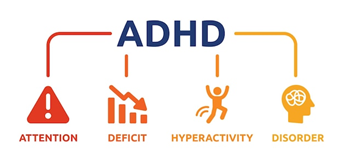
There are three main types of ADHD: Inattentive Type, where individuals struggle with focus and attention; Hyperactive-Impulsive Type, which involves excessive movement and impulsive actions; and Combined Type, where both inattention and hyperactivity/impulsivity are present.
Symptoms and Real-Life Struggles in Adults with ADHD
For adults with ADHD, the symptoms can cause significant struggles in daily life. Common signs include:
Difficulty Focusing on Tasks
- Finding it hard to concentrate during meetings or conversations, missing key details.
- Frequently jumping between tasks without completing any of them.
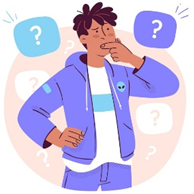
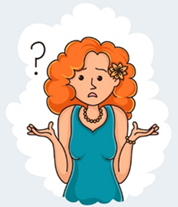
Forgetfulness
- Forgetting to follow up on commitments, such as replying to emails or completing tasks.
- Losing track of personal belongings like keys, wallets, or phones multiple times a day.
Impulsivity
- Making quick, unthought-out decisions (e.g., buying unnecessary items online or overspending).
- Taking risks without considering the long-term consequences, like making sudden career changes or moving homes impulsively.
Disorganization
- Struggling to maintain a consistent daily routine or plan, resulting in chaotic days.
- Frequently missing deadlines or appointments due to a lack of organization and preparation.
Chronic Distractions
- Being easily side-tracked by external stimuli, such as checking social media or getting caught up in unrelated activities.
- Difficulty staying focused on long-term projects due to constant distractions or internal thoughts.

Difficulty with Planning and Prioritization
- Feeling overwhelmed by the number of tasks to complete and not knowing where to start.
- Having trouble setting priorities, leading to important tasks being left undone or forgotten.
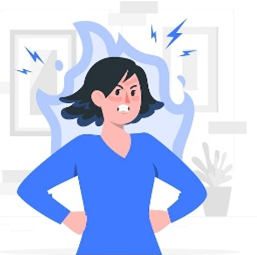
Emotional Dysregulation
- Experiencing intense mood swings, going from excited to frustrated quickly.
- Having difficulty managing stress, leading to emotional outbursts or a sense of being “on edge.”
Procrastination and Avoidance
- Putting off important tasks, even when the deadlines are approaching, resulting in last-minute scrambling.
- Avoid challenging or unfamiliar situations due to fear of failure or inadequacy.
Sleep Problems
- Difficulty falling asleep at night due to racing thoughts or restlessness.
- Waking up feeling unrefreshed or tired, which worsens daytime focus and productivity.
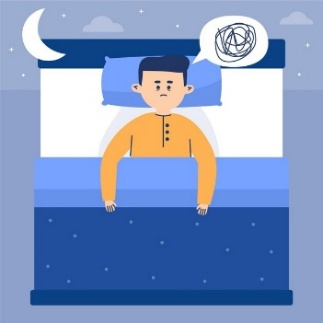
Inconsistent Productivity
- Working in bursts of energy but then feeling burnt out or unmotivated for extended periods.
- Having good intentions to accomplish tasks but often being sidetracked or distracted.
These symptoms can affect many areas of life, such as work, relationships, and overall well-being. Adults with ADHD might struggle to stay on top of their personal and professional responsibilities, which can lead to stress, anxiety, or feelings of inadequacy. These challenges can often go unnoticed, as adults with ADHD may develop coping strategies that mask their struggles.
Best-Practice Interventions for Managing ADHD
Managing ADHD effectively requires a holistic approach that includes various strategies. Here are some best-practice interventions that can help:
- Medication: Stimulants like Ritalin and non-stimulants like Strattera are commonly prescribed for ADHD. Medication can help balance the brain’s chemicals that affect focus and impulsivity.
- Psychological Therapy: Cognitive Behavioral Therapy (CBT) is one of the most effective therapies for adults with ADHD. It helps individuals develop strategies for managing time, organizing tasks, and improving focus.
- Coaching: ADHD coaching is becoming increasingly popular. It involves working with a therapist to create structured plans, set goals, and break tasks into manageable steps.
- Lifestyle Changes: Regular exercise, a healthy diet, and good sleep hygiene are crucial in managing ADHD symptoms. These lifestyle adjustments can improve concentration and reduce impulsivity.
- Environmental Modifications: Creating an ADHD-friendly environment, such as reducing distractions and setting up clear routines, has been shown to improve focus and task completion. Organizational tools like planners, reminders, and task breakdowns also play a key role in helping adults manage symptoms more effectively.
- Improving Self-Esteem and Motivation: ADHD often leads to a cycle of underachievement, where individuals may feel like they are constantly falling behind or not meeting expectations. This can erode self-esteem and motivation. CBT helps by reinforcing small successes and building confidence. As adults with ADHD learn and implement strategies to improve their behavior and productivity, their sense of self-worth can improve, leading to more sustained motivation and greater achievement.
- Mindfulness and Meditation: Mindfulness practices, such as meditation, have been shown to help improve focus and reduce impulsivity in adults with ADHD. Studies suggest that regular mindfulness practice can enhance attention control, reduce stress, and increase emotional regulation.
By combining these interventions, individuals with ADHD can live more organized, fulfilling lives and manage their symptoms more effectively.
ADHD Adult Assessments in WA
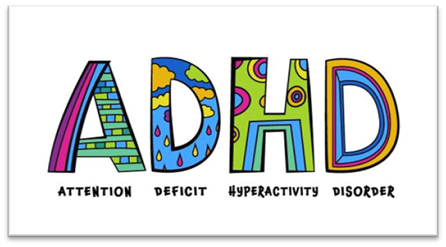
If you’re an adult seeking an ADHD assessment in Western Australia, it’s important to understand the process for accessing a proper diagnosis. While psychologists are qualified to conduct ADHD assessments, psychiatrists in WA typically do not accept assessments done by psychologists. For this reason, it is recommended that you first visit your GP, who can provide a referral to a psychiatrist for the assessment.
Blog written by: Kyle Chan | Registered Psychologist | Positive Behaviour Support Practitioner (Core)
All images sourced from Freep!k
If you’d like to find out more about One Central Health, give us a call today on (08) 9344 1318.
